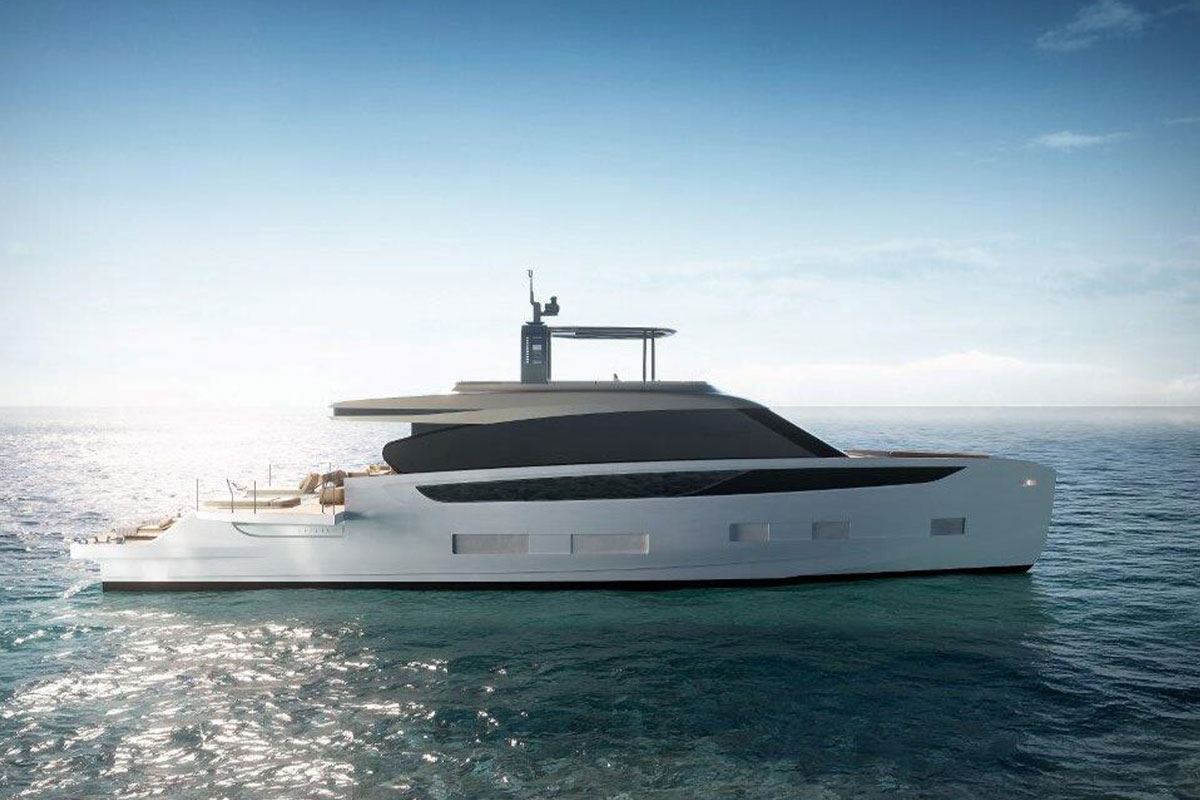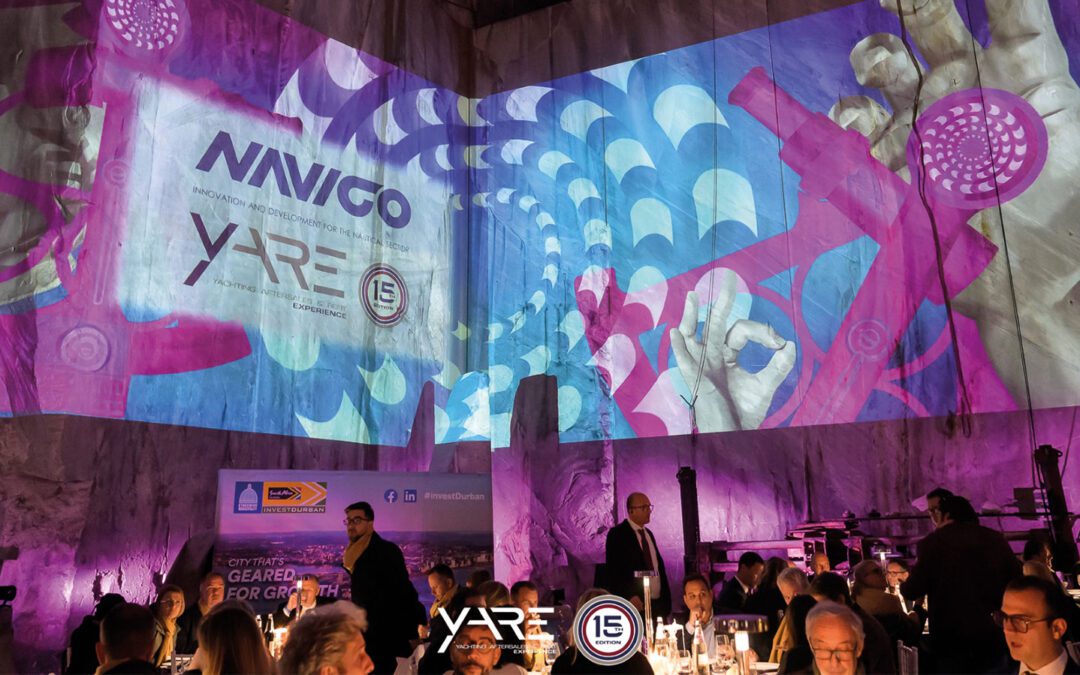At the 45th Cannes Yachting Festival, Azimut unveils its latest low-emission yachts and outlines a strategic roadmap for decarbonizing luxury yachting.
Azimut Yachts marked its 45th appearance at the Cannes Yachting Festival with a decisive commitment to sustainability, unveiling two pioneering models—the Seadeck 9 and the Grande 30M—that exemplify the shipyard’s ongoing efforts to reduce CO₂ emissions across its fleet.
A Two-Decade Journey Towards Sustainability
For over 20 years, Azimut has invested in research and development aimed at minimising environmental impact. Collaborating with esteemed partners such as the Politecnico di Torino, Eni Sustainable Mobility, Lloyd’s Register, and the Superyacht Eco Association, the shipyard has achieved significant milestones. These include the introduction of the first fuel cell tested onboard, the development of hybrid yachts, and the creation of a fleet of Low Emission Yachts that emit up to 30% less CO₂ than comparable vessels with traditional shaft line propulsion.
Introducing the Seadeck 9 and Grande 30M
The Seadeck 9, designed by Alberto Mancini with interiors by Matteo Thun & Antonio Rodriguez, represents the pinnacle of Azimut’s Low Emission philosophy. Measuring 25.6 meters in length, this hybrid yacht is equipped with three Volvo Penta IPS1350 engines, enabling a top speed of 27 knots. Notably, the Seadeck 9 features the innovative “Fun Island” aft deck—a cascade of terraces spanning 60 square meters, complete with an integrated pool and adjustable sunbeds.
Complementing the Seadeck 9 is the Grande 30M, a model that benefits from a new POD 4900 propulsion system developed in partnership with ZF. This advancement, combined with extensive use of carbon fiber and optimized hull design, results in a reduction of CO₂ emissions by up to 30% compared to similar yachts.
Scientific Validation and Future Outlook
Azimut’s commitment to sustainability is underscored by a comprehensive study conducted by the Energy Department of the Politecnico di Torino. The research evaluated alternative fuels, including HVO biodiesel, methanol, and hydrogen, concluding that HVO biodiesel is currently the most viable option for immediate implementation in the yachting industry.
Looking ahead, Azimut plans to progressively certify all new models for consumption and emissions data, providing transparent information to owners and setting a new standard in the industry. As Giovanna Vitelli, Chair of the Azimut|Benetti Group, aptly states, “We don’t just wait for the solutions of the future, but we combine tomorrow-oriented research with today’s concrete answers, validating our research with the best scientific and certification bodies”.
With the introduction of the Seadeck 9 and Grande 30M, Azimut not only showcases its innovative prowess but also reaffirms its leadership in steering the yachting industry towards a more sustainable and environmentally conscious future.



